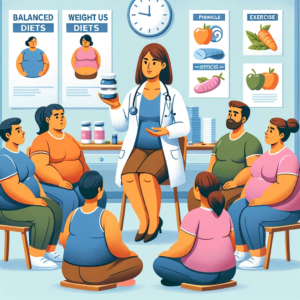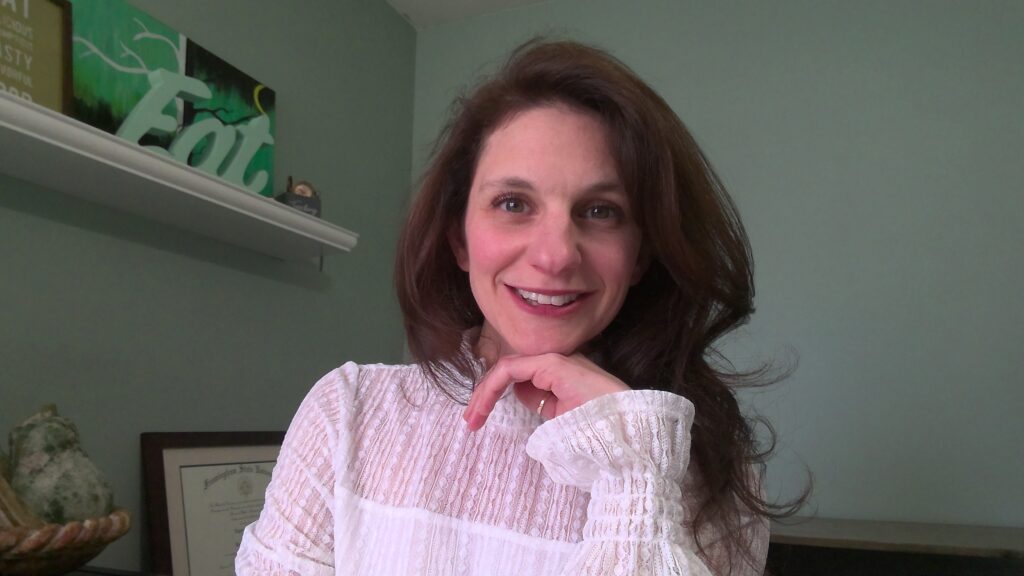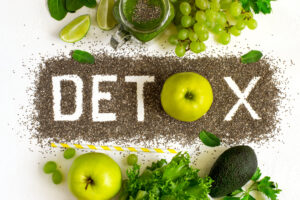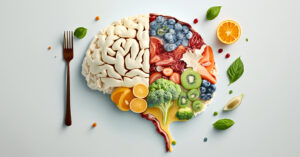
Weighing the Scale: Benefits and Risks of Anti-Obesity Medication
Explore the nuanced realm of anti-obesity medications with Registered Dietitian Alyssa Pittman. Dive into an

Detoxes and cleanses often promise to remove toxins from the body, boost energy, and aid in weight loss. They usually involve a period of fasting or strictly limiting food intake, followed by a regimen of eating raw vegetables, fruit, juices, and sometimes supplements or herbs.
There's limited scientific evidence that detoxes or cleanses work as advertised. The body has its own built-in mechanisms for detoxifying, namely the liver, kidneys, and digestive system. Under normal conditions, these organs do an effective job of removing waste products and toxins.
Some people do report feeling better after a cleanse, but this could be for a variety of reasons:
While some people may experience initial weight loss from a cleanse or detox, most of this loss is water weight and not sustainable. Long-term weight loss is best achieved through a combination of balanced diet and regular exercise.
Instead of opting for extreme detox or cleanse regimens, many dietitians recommend a more balanced approach:
In conclusion, while some people swear by the benefits of detoxes and cleanses, the majority of evidence suggests that they are not necessary and can sometimes be harmful. A balanced, nutrient-rich diet is generally the best approach for maintaining health and vitality.

Hello! I’m Alyssa Pittman, a 35-year-old Registered Dietitian based in Shrewsbury, MA. I still remember the day I passed the RD exam – it remains one of the best days of my life! All my hard work, dedication, and countless hours poured into studying and understanding the intricate world of nutrition had finally paid off. More than the personal achievement, I was ecstatic about channeling my passion for food and nutrition to aid others. Whether it’s assisting those grappling with weight issues, helping manage diseases through diet, or guiding those with disordered eating patterns, my commitment to making a positive difference has been my driving force.
My intrigue with nutrition took root during my junior year in high school. A vivid memory that stands out is when I eagerly educated my classmates about which granola bar was the healthiest option. 😊 Fast forward a bit, and as I delved deeper into my first nutrition class at Framingham State University, I was taken aback. I had stepped into a universe that was much broader and profound than just granola bars and apples. It dawned on me that nutrition was a profound science, influencing not just our physical wellbeing but also our mental health.
Beyond the professional realm, I treasure the time I spend with my beloved husband and our two spirited young boys in our Shrewsbury home. Our evenings often oscillate between cozy family movie nights and playful sports sessions in the backyard. It’s these moments of laughter and bonding that add true richness to my life.
Now, let me take you through my professional journey, where my passion for nutrition came to life in various impactful roles:
At Harvard Street, I faced the exhilarating challenge of creating a nutrition department from scratch. Collaborating with dedicated doctors and nurses, I provided specialized nutrition counseling for patients of all ages and backgrounds. In addition, I championed community nutrition, overseeing a food pantry to ensure both availability and education about nutritious food choices.
In this role, I was responsible for ensuring that seniors across 13 centers in Rhode Island had access to nutritious meals that met state and USDA guidelines. Beyond the menus, I organized weight loss groups, offered individual counseling, and took to the stage to educate seniors on topics close to their heart – quite literally – such as heart health, diabetes, and more.
Here, I worked with the vibrant college community, offering nutrition counseling on various topics like sports nutrition, food allergies, and eating disorders. One of my proud achievements was leading the Food Allergy and Special Diet Program, ensuring that students with dietary needs felt safe and catered for. I also took on the academic hat, presenting to classes about the foundational and specialized aspects of nutrition.
Throughout these roles, one thing has remained constant: my passion for helping individuals foster a healthier relationship with food. By understanding, respecting, and working with our unique dietary needs and preferences, I believe we can all lead healthier, happier lives.

Explore the nuanced realm of anti-obesity medications with Registered Dietitian Alyssa Pittman. Dive into an

Whether it’s children who turn up their noses at veggies or adults with a limited

it’s about choosing high-quality, nutrient-dense carbohydrate sources and balancing them with other essential macronutrients.

Detoxes and cleanses often promise to remove toxins from the body, boost energy, and aid

A holistic approach to reducing inflammation also involves maintaining a healthy weight, getting regular exercise,

I recognize their potential role in a balanced diet and their suitability for specific dietary

My view on intermittent fasting underscores the importance of individualization, nutrient intake, and overall dietary

I’ve seen the ups and downs, the fads, and the failures. But here’s what I’ve

In a world where everyone’s schedules are bustling, and distractions are many, accountability can be
